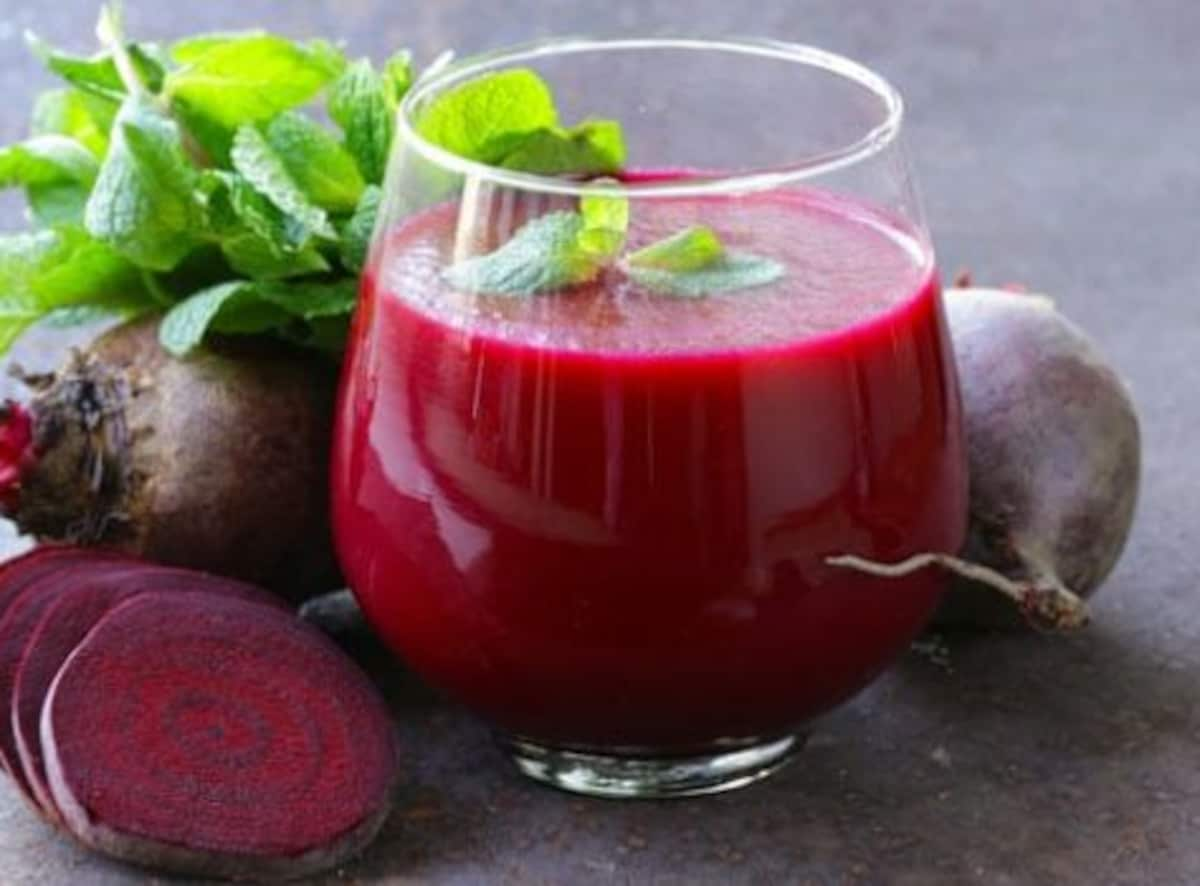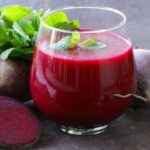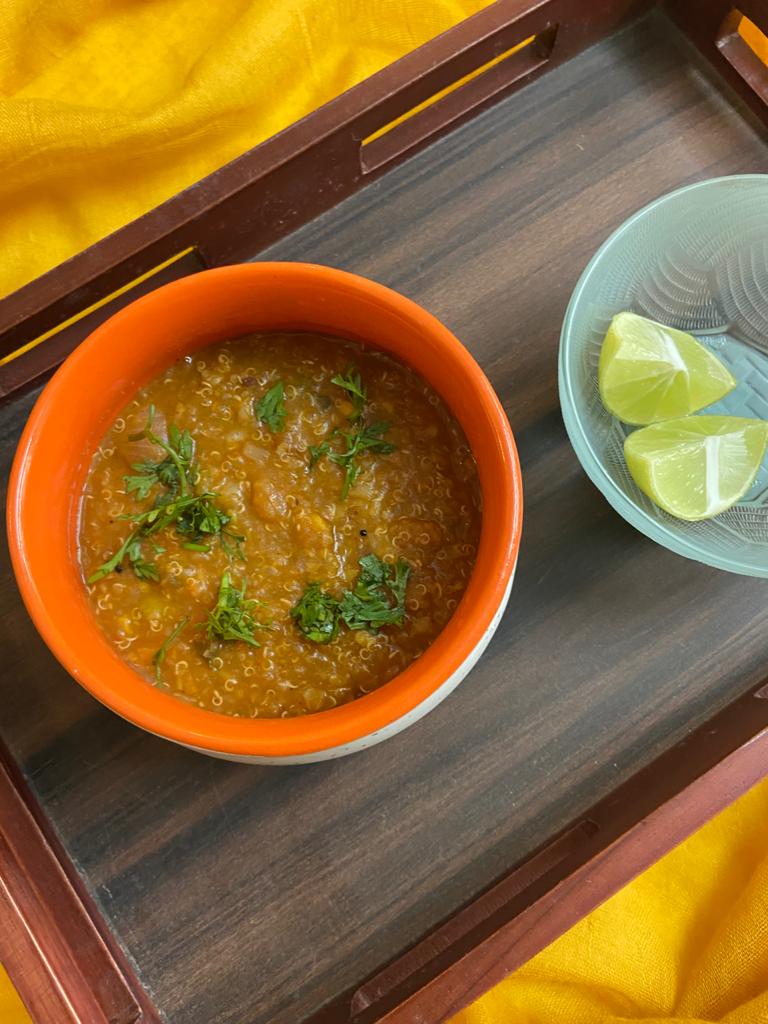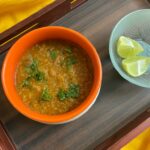Title: Stress and Digestion: Managing Stress for a Healthy Gut
Introduction
Stress affects more than just our mental well-being; it can also impact our digestive system. In this blog, we’ll explore the connection between stress and digestion and provide practical tips for managing stress to support a healthier gut.
Understanding the Stress-Digestion Connection
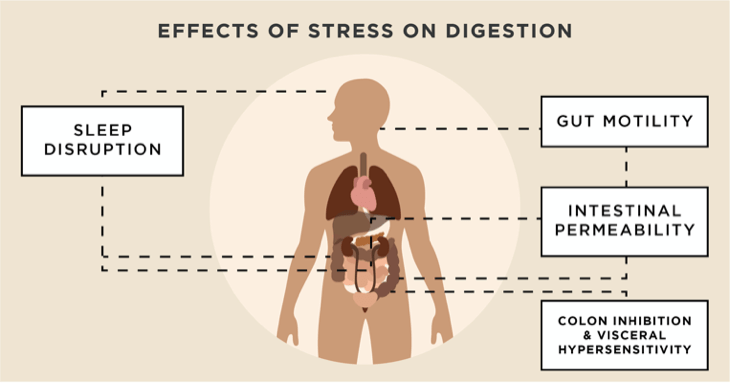
When we experience stress, cortisol—the fight-or-flight hormone—gets released, which can hinder digestion. Reduced blood flow to the digestive tract and inflammation can cause digestive problems like nausea, diarrhea, and constipation. Additionally, stress can disrupt the balance of our gut microbiome, leading to various health issues.
Effective Stress-Management Strategies for Improved Digestion:
- Embrace Relaxation Techniques: Engage in deep breathing, meditation, and yoga to combat stress and improve digestion. These practices calm the mind and body, lower stress hormone levels, and promote optimal digestion.
- Prioritize Exercise: Regular exercise releases endorphins, which reduce stress levels. Aim for at least 30 minutes of moderate exercise, such as brisk walking or cycling, most days of the week.
- Focus on Quality Sleep: Adequate sleep is crucial for stress management and overall well-being. Strive for 7-8 hours of uninterrupted sleep each night to support digestion and reduce stress.
- Nourish Your Body with a Healthy Diet: A nutritious diet plays a vital role in supporting gut health and reducing inflammation. Incorporate fruits, vegetables, whole grains, and lean proteins into your meals, while limiting processed foods, sugary snacks, and high-fat meals.
Conclusion
Managing stress is essential for maintaining good digestive health. By implementing relaxation techniques, prioritizing exercise and quality sleep, and following a healthy diet, you can effectively manage stress and support a healthier gut.
At FoodnWellness, we recognize the crucial link between stress and digestion. Our personalized programs integrate stress management techniques, providing tailored nutrition and lifestyle recommendations for optimal gut health and overall wellness. Prioritize your well-being by addressing stress and improving digestion for a happier, healthier you.


